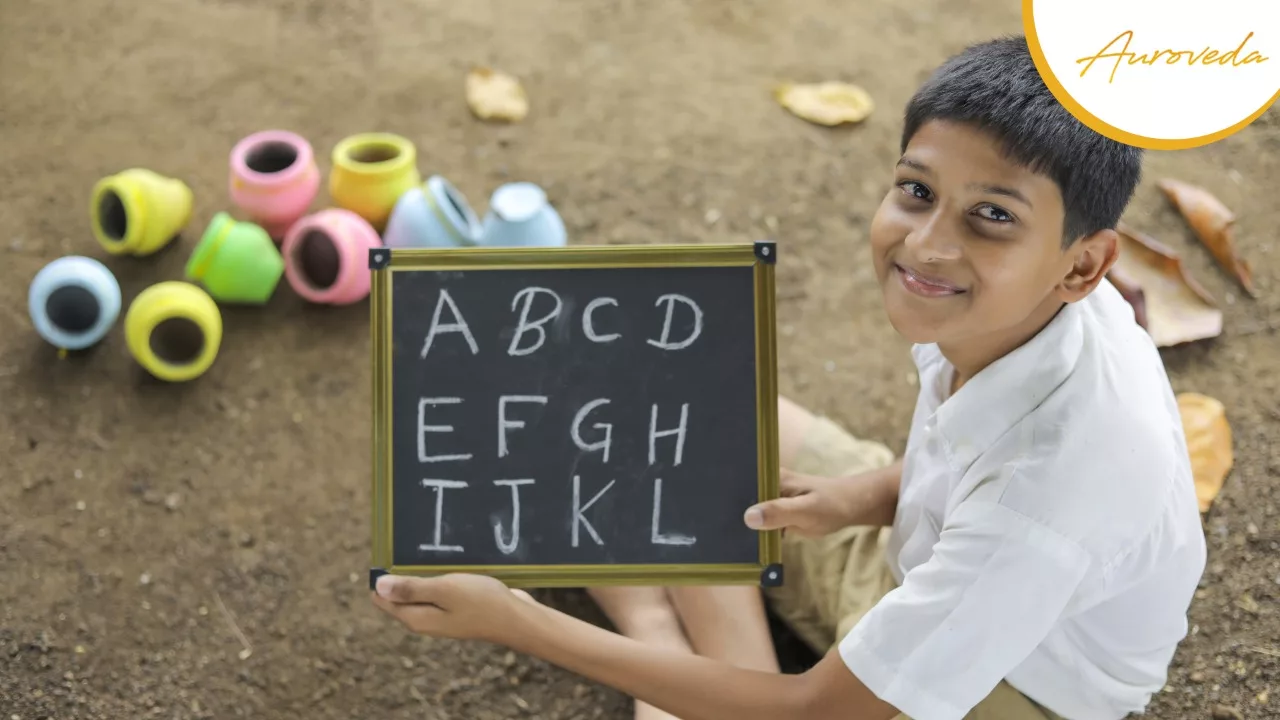Being surrounded by unfortunate experiences and crises affects that region’s children more than we can imagine. Growing up in less-than-pleasant scenarios can have a significant impact on the path they take on. For most, it is being stuck in the same cycle of poverty and famine, unable to get out of it. This is why it is important to build their confidence and belief in themselves for a brighter future. Education, classified as a Human Right, is one of the most important means to bring about this change. Education serves as a means of empowerment for children to strive for a better reality.
Importance of Education
In the words of a child advocate, Serena, “Don’t give a voice to the voiceless; just pass the mic”. Education is this mic that allows them to make their voices heard. In a 2015 Office of the High Commissioner for Human Rights report it was mentioned that education is a lifelong and participatory process of developing skills and attitudes which will hone the behavior to protect human rights and fight for them. For children who live in underprivileged circumstances, education is the one source of knowledge that helps them understand the life that awaits them. It gives them the hope that their presence isn’t the only reality they will ever know. Education is a means to prepare children for the life possible in a free society and has been acknowledged as playing a major role in promoting children’s rights.
Education is critical to their empowerment as it gives them access to information and vocational training that they would not otherwise have.
As advocates for children's empowerment, what can we do to raise awareness about the importance of education?
As adults, it is our duty to enable scenarios where education is accessible to children globally. Schools serve as a safe space for children living in such conditions and we must do whatever it takes to ensure they are able to attend it. To date, about 32 million young girls do not have access to any schooling. Our first action should be to help these children who have been the target of detention, indigenous surroundings, or any vulnerable contexts.
In this fight for creating conditions of education for children, we must remember the goal. Which is to educate children about their rights, and their potential and prepare them for a future in which they can stand for themselves.
How does education lead to empowerment?
While education is a legal right for children across the world, in many places such as the slums of Thailand, India, and the Phillippines this is not a reality. There have been several outside factors such as political instability and natural disasters in South Asia that have acted as natural barriers to education. For those living in poverty, the only way out of this situation is to get an education. With limited resources and the absence of rights, education provides opportunities that would otherwise not be possible.
Fine and quality education is the fourth sustainable development goal of the United Nations. There are several organizations that have taken up initiatives to actualize a world where education is no longer a privilege. Auroveda is a foundation that strives to make quality education more accessible and encourages a world where youngsters from underprivileged backgrounds forge a brighter future.

